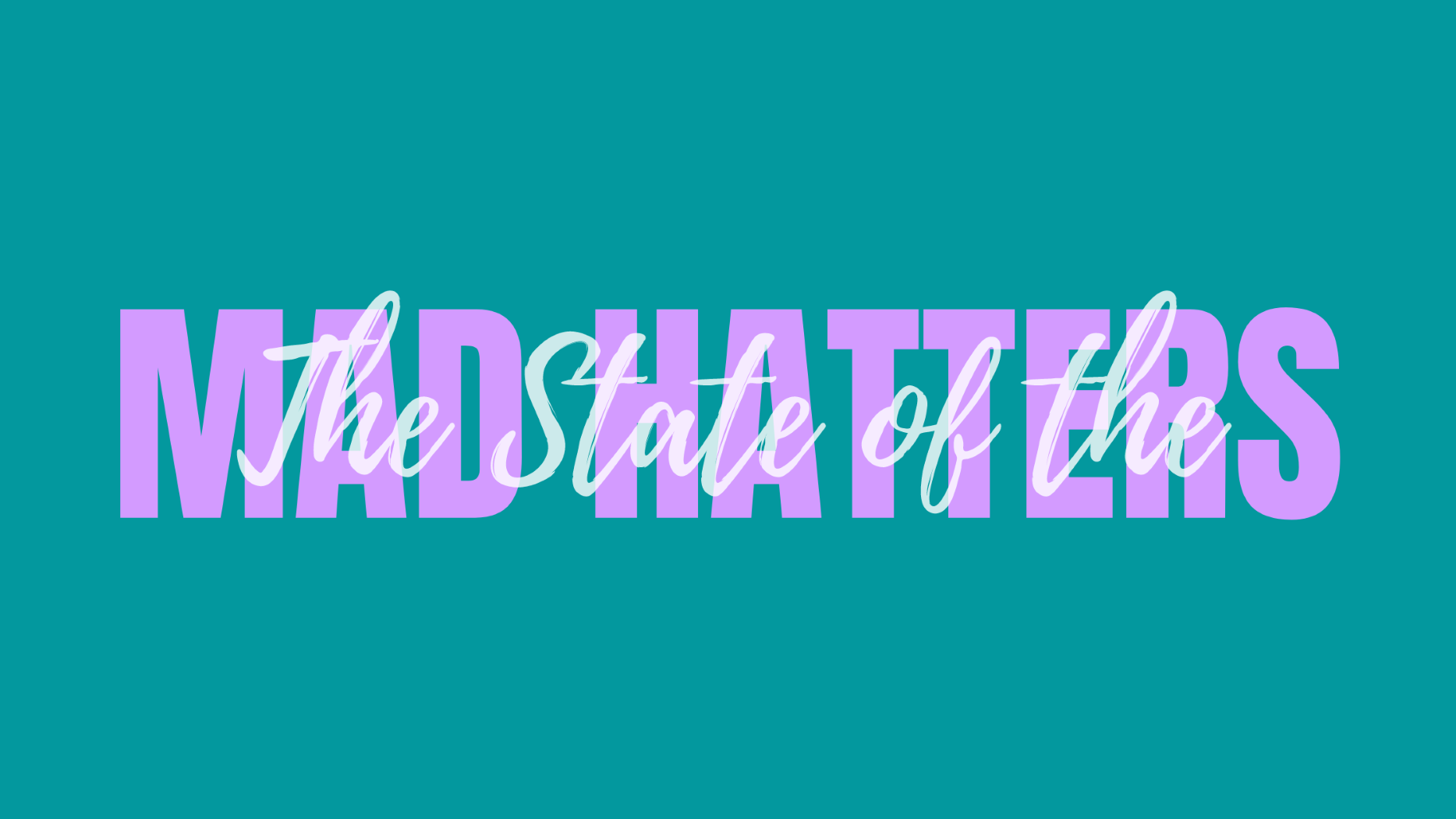
The State of the Mad Hatters
As a speech-language pathologist, I am a member of the American Speech-Language-Hearing Association of America (ASHA). May is deemed Better Hearing and Speech Month. The goal is to raise awareness about communication disorders. This could include a multitude of disorders affecting speech, language, voice, and hearing, but today I would just like to address communication not classified as “disordered,” but perhaps broken just the same.
Communication is more than just talking. It’s about connecting with people. In the busy, fast-paced, high-tech world in which we live, people can become invisible. With our time-bound agendas driving us ever forward, we may find ourselves moving from one task to another without connecting to anyone in the process. This can result in many people feeling unseen and unheard, including ourselves. Some can feel socially isolated even in the midst of a crowd.
This leads me to reflect on an encounter I had several years ago. As a college student studying in London, England I met an elderly man in Regent’s Park. I noticed he was feeding birds directly from his hand, not just the ducks gathered at his feet, but songbirds as well. Finches and pipits would fly right into his hand, take some seed and fly off again. As the gentleman and I engaged in conversation, he quickly identified me as an American. He informed me that American’s were “mad hatters, always running from one place to another.” Then lowering his voice and shaking his head, he added, “Sad state, those mad hatters.”
Recent events have slowed many of us down, giving us an opportunity to re-evaluate our priorities – what and, perhaps more importantly, who really matters. Stay-at-home orders and social distancing have caused us to be more intentional about connecting with others. As we gradually move toward resuming our day-to-day routines, let’s choose not to return to our previous “mad hatter” state of mind. Instead, let’s make a point of seeing and listening to those around us. Let good quality communication skills help us connect with one another and truly put an end social isolation.
~April Bluck, MA, CCC-SLP, CBIS
